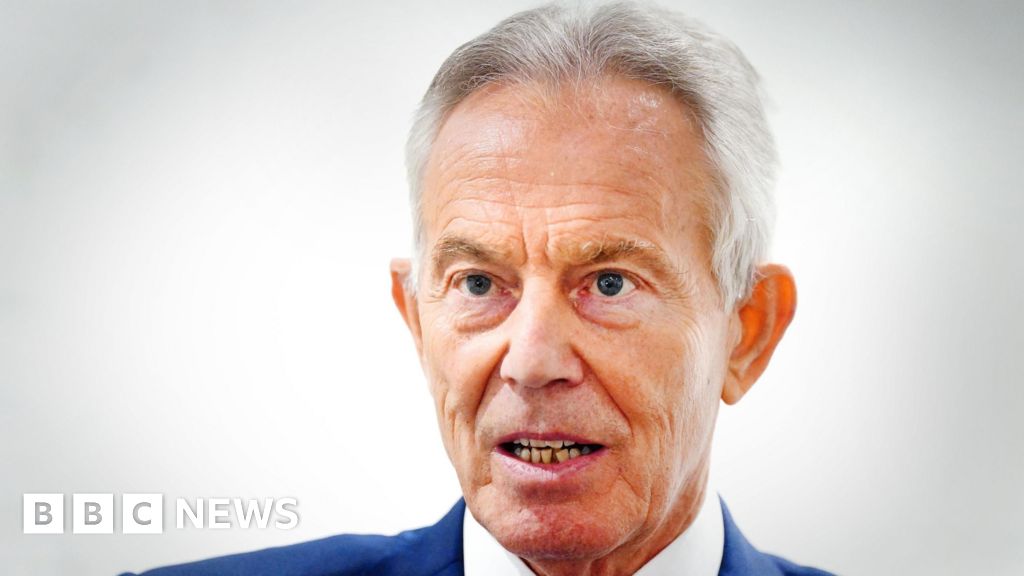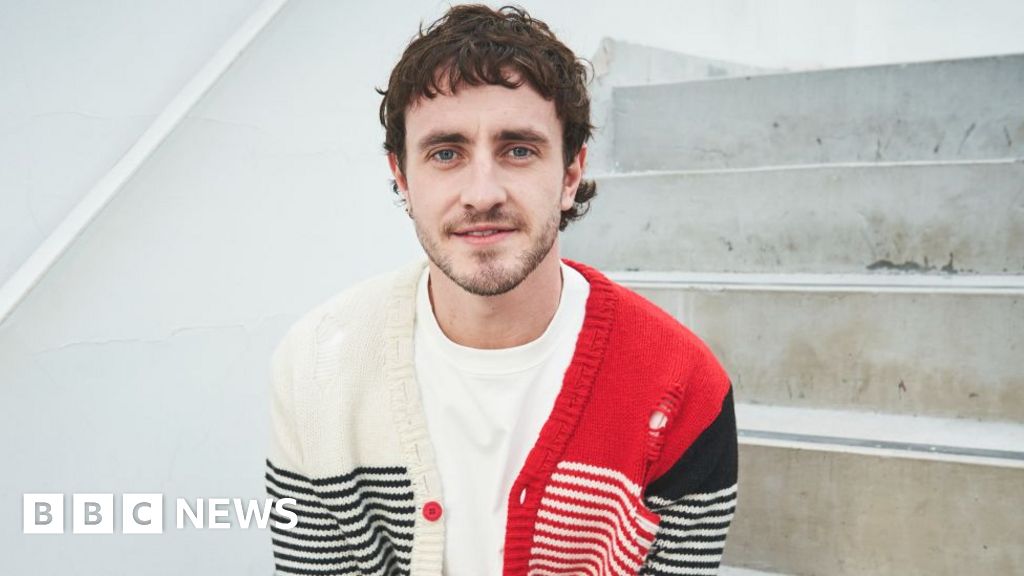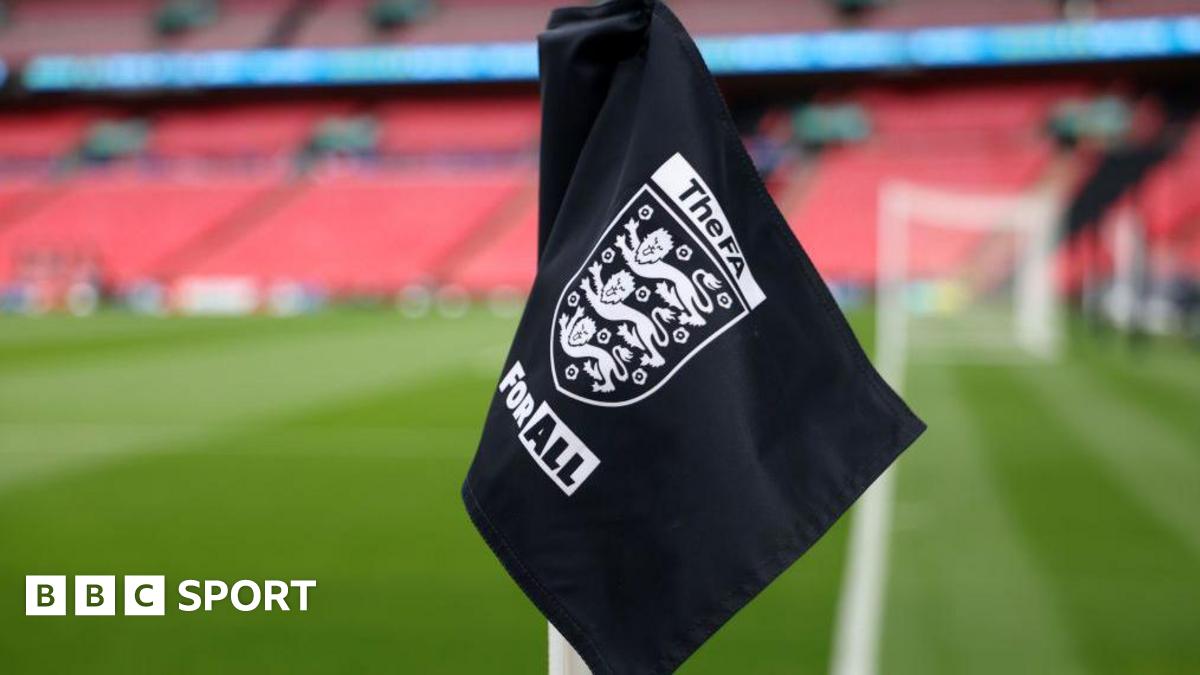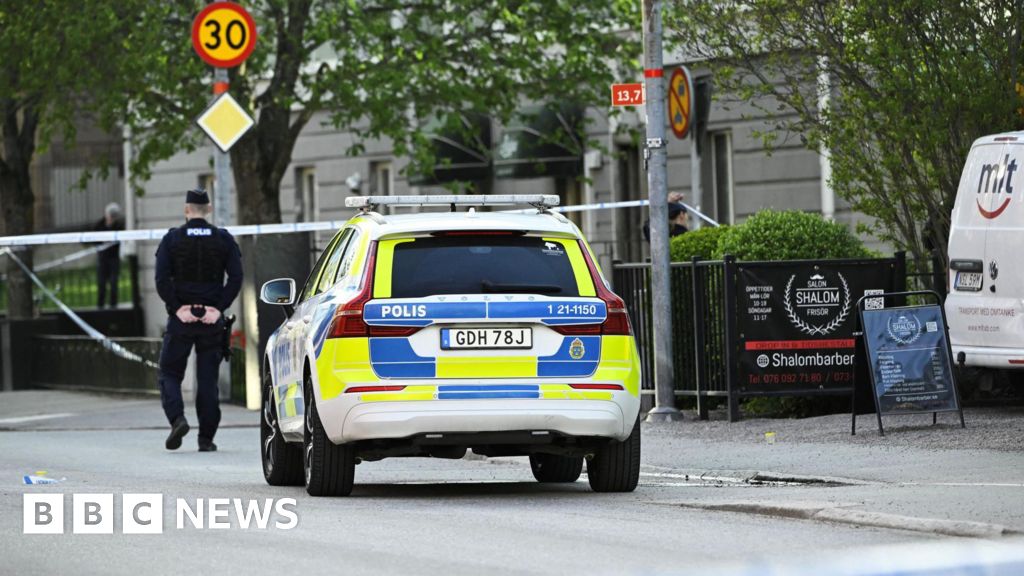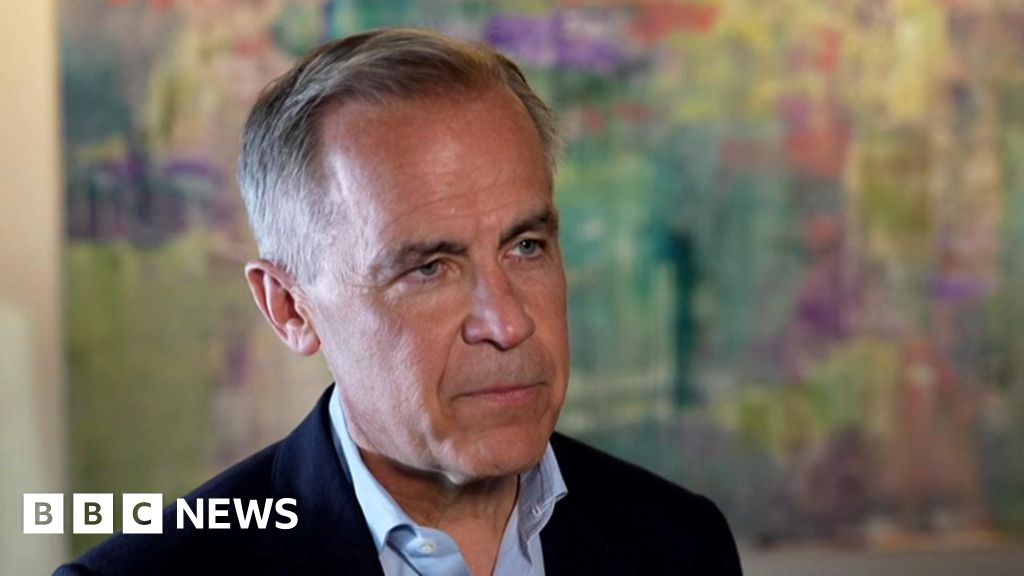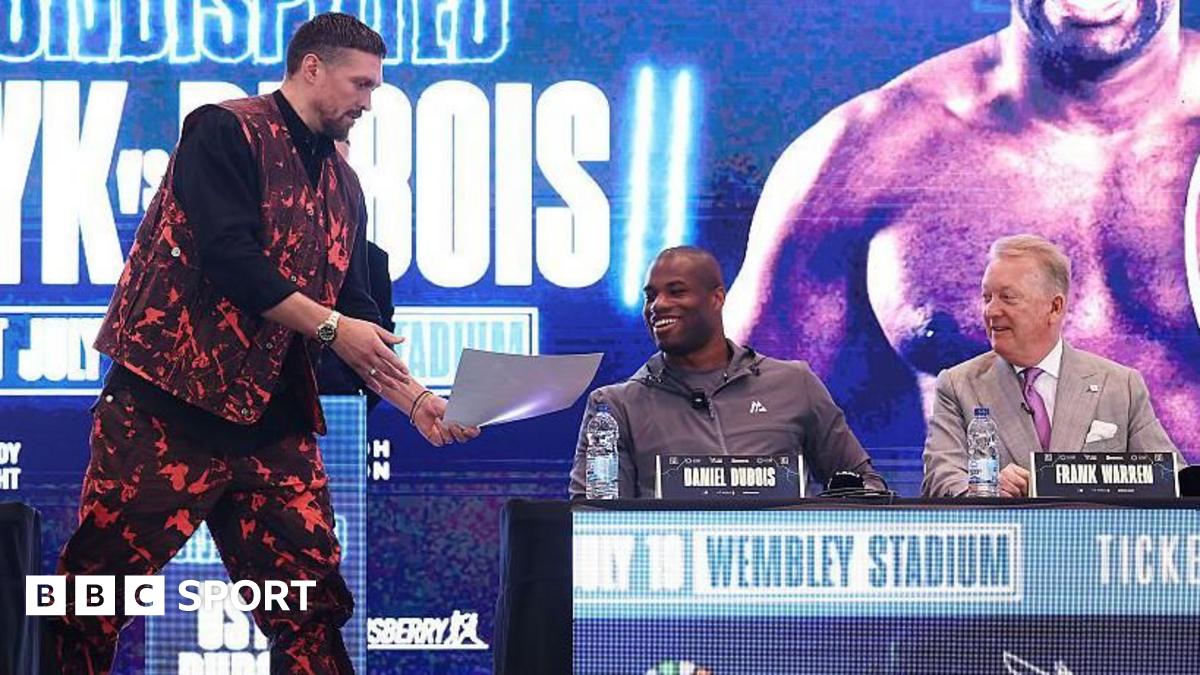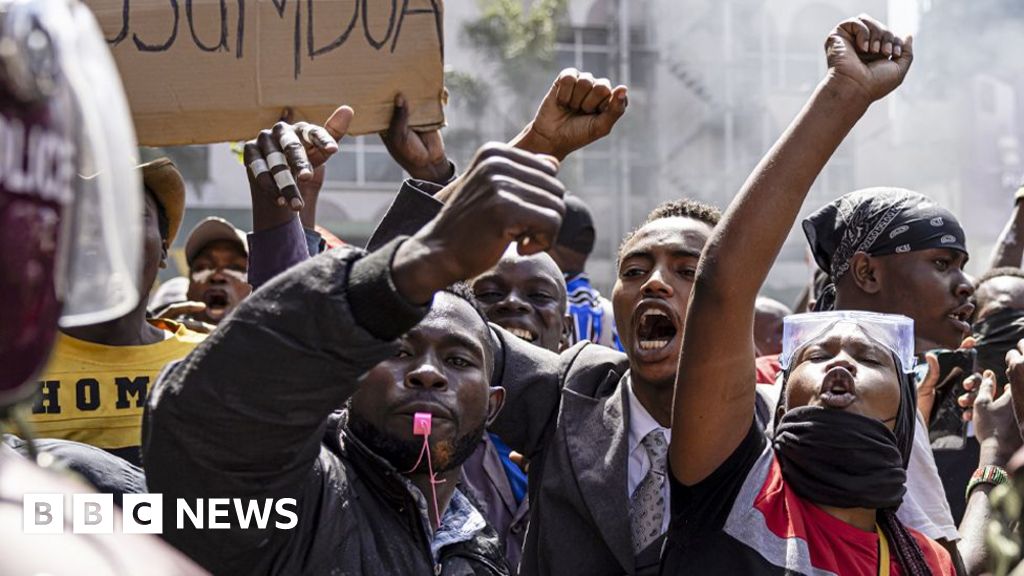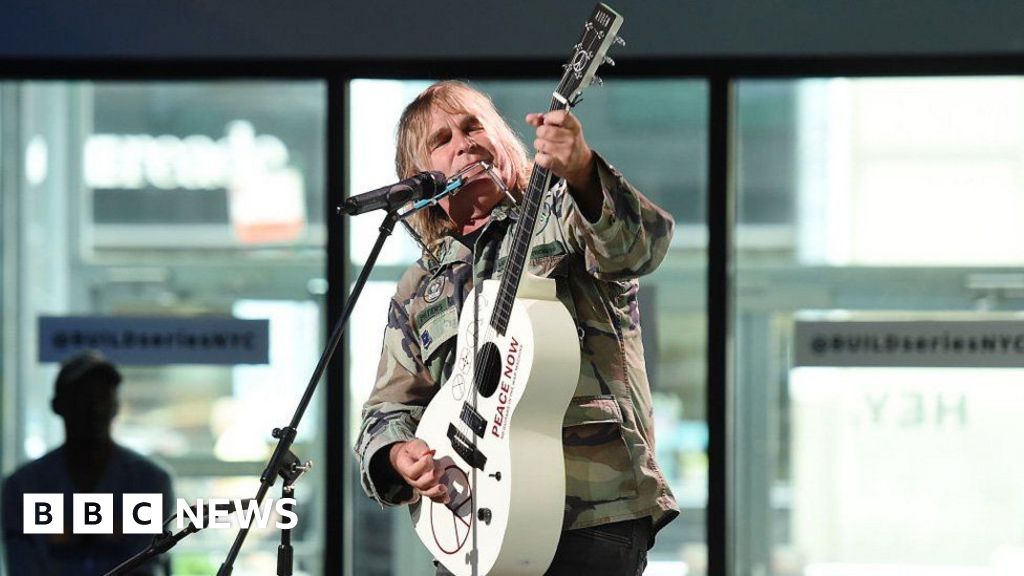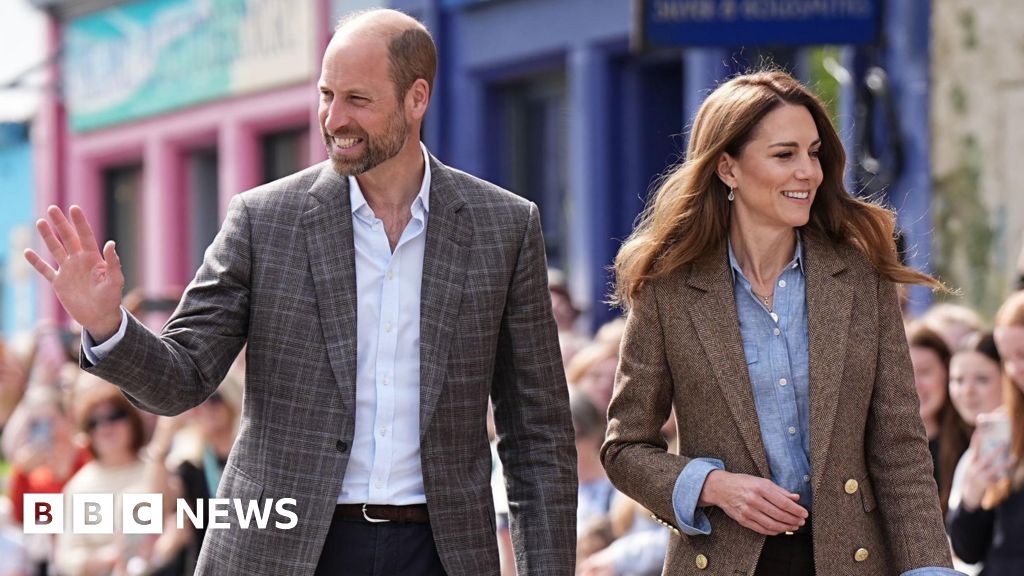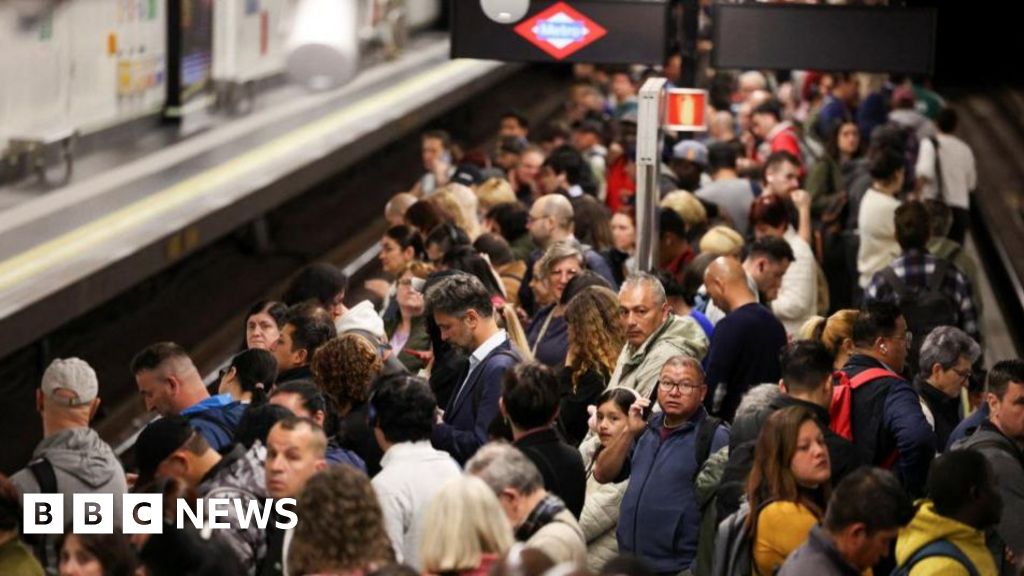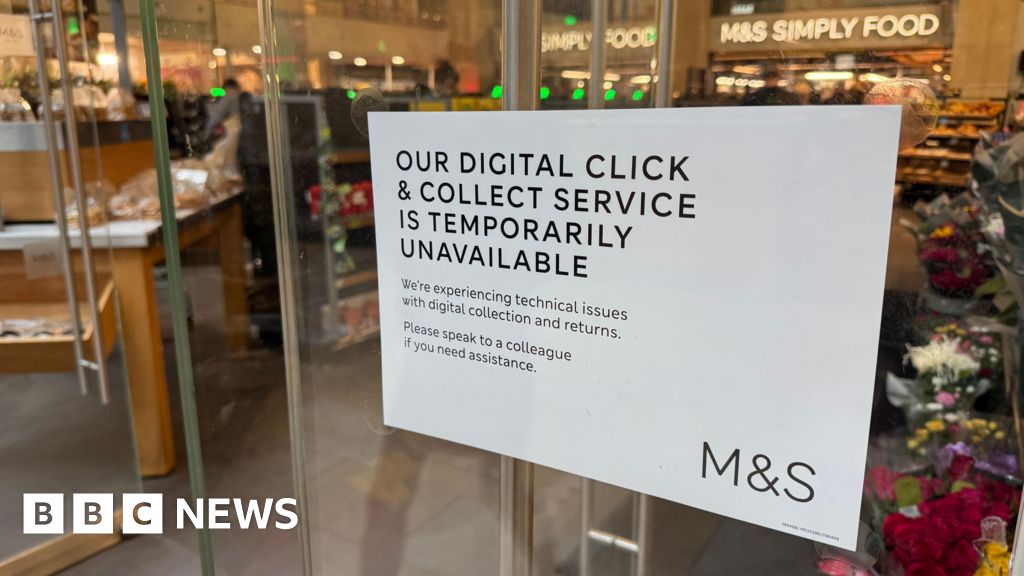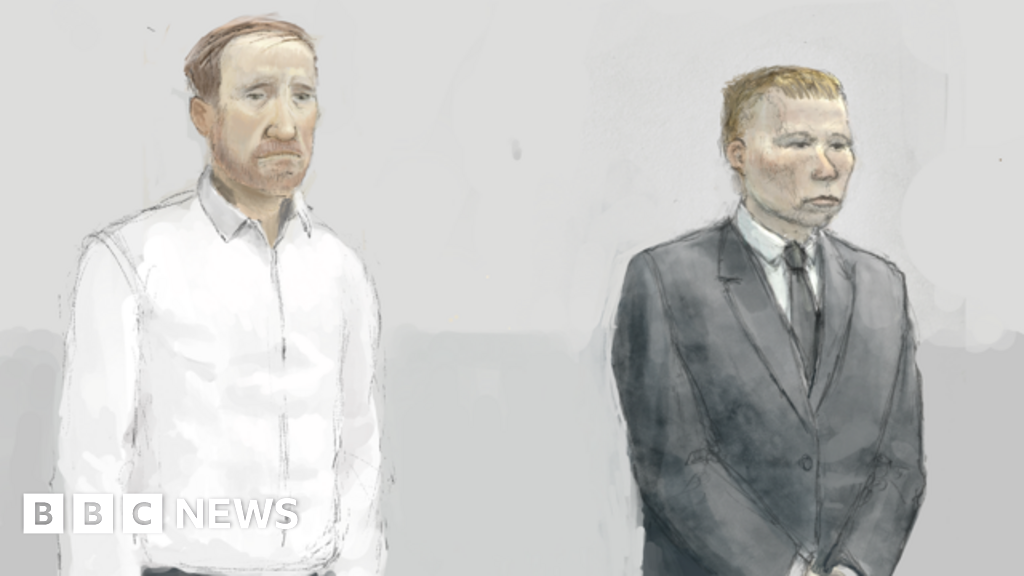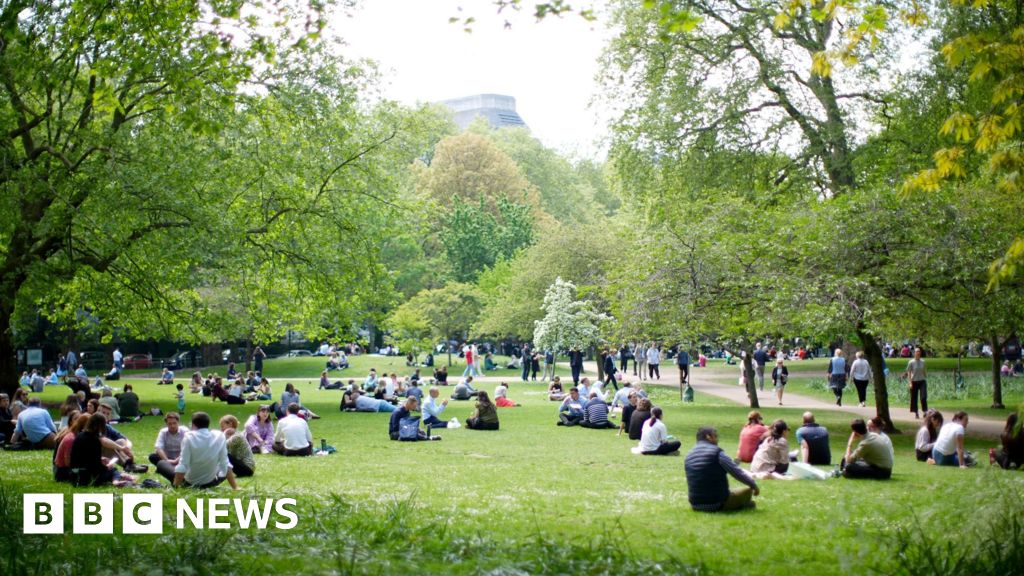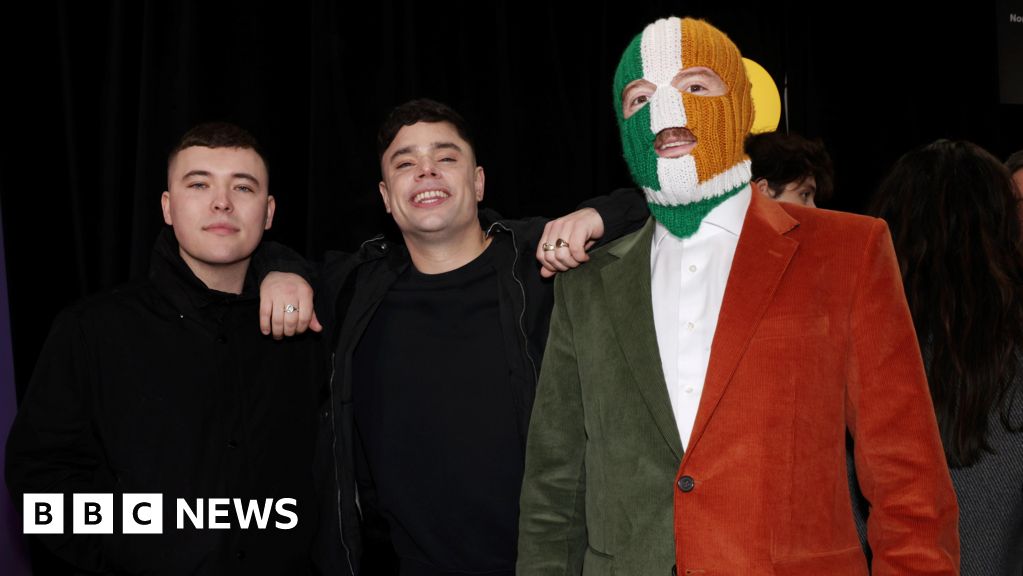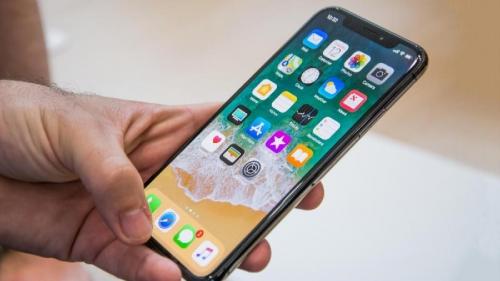Laura Gozzi & Gabriela Pomeroy
BBC News, Paris and London

 Getty Images
Getty Images
The trial has begun of 10 people who are accused of robbing Kim Kardashian at a Paris hotel in 2016.
The reality TV star and business woman was tied up and held at gunpoint in a luxury suite where she was staying during Paris Fashion Week.
About $10m (£7.5m) worth of jewels were taken from her, including a $4m (£2.9m) diamond engagement from then-husband Kanye West.
In a grand courtroom adorned with 19th Century tapestries, the court was given a fascinating snapshot into the lives of the diverse cast of characters suspected of involvement in the heist.
For the first one up - 71-year-old Yunice Abbas - this was done through a "enquête de personnalité", a sort of background report on a person accused of a crime which French courts regularly include in their trials. These reports take in elements of the defendant's family history, behaviour and work to paint a picture of their lives and help jurors make a decision.
The court heard a long list of crimes that Abbas has been found guilty of in the past - from petty crime and small-time drug trafficking to bank robberies - and retraced his difficult childhood, which was partly spent in Algeria and marked by the deaths of two of his siblings.
Abbas - who has spent almost a third of his life in jail - has already admitted to his role in the heist, and even wrote a memoir entitled I Held Up Kim Kardashian. The president of the court, David De Pas, suggested that the book shows Abbas was proud of what he did - something he has repeatedly denied.
When asked if he had any sympathy for his victims, Abbas said that he never did before the Kardashian heist, "but this time I do regret what I did… It opened my eyes."
Abbas said that while watching television in jail, he was confronted with relentless coverage of the burglary, which made him realise how much Kim Kardashian had suffered.
"We just grabbed the lady's handbag but I have discovered there's trauma behind it," he said.

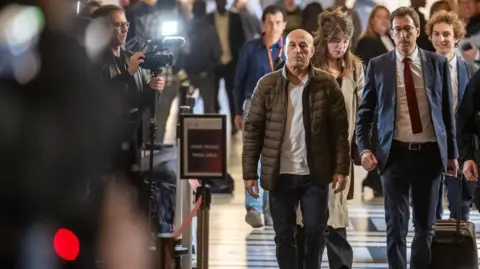 EPA
EPA
Defendant Yunice Abbas wrote a book about the heist
The court also focused on Gary Madar, whose brother's company provided transportation and taxis to the Kardashians for several years. Now 35, the father-of-two has been accused of feeding information to the gang about Kim Kardashian's location on the night of the heist.
At the time, Gary worked as a customer service agent in airports for the transport company. His task was to welcome VIPs arriving at Paris airports and escort them through passport and customs checks. Through this job, he met the Kardashians several times.
But he also worked at a café owned by another defendant, Florus Héroui, 52, to whom investigators believe Madar passed on information about Kim Kardashian.
He has denied this and his lawyer has told the BBC that Madar should not be on the dock as there is "no solid proof" of his involvement.
Marc Boyer, 78, who is accused of supplying the weapon that was used to threaten Kardashian, was also questioned at length. He expressed regret that his son Marc-Alexandre Boyer - also a defendant - had grown up surrounded by "thieves" and "crooks" who had led him to make the wrong life choices.
The rest of the week will see more defendants take the stand as the trial ticks on towards 13 May - the day Kim Kardashian is expected to testify.
The vast majority of the 400 journalists reporting on this trial are expected to flock to the courthouse that day, and court staff are unsure how they will accommodate so many reporters who will want a front seat.

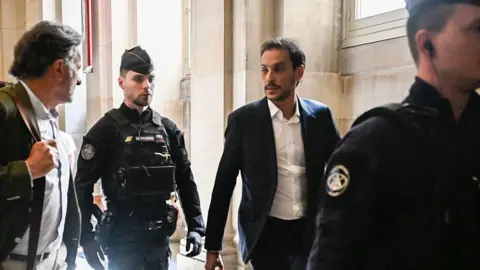 Getty Images
Getty Images
Gary Madar (right) worked for a transport firm and has been accused of feeding information to the gang about Kardashian's location on the night of the heist
The court will only hear from 10 out of the 12 people who were arrested in 2017, as one died last month, and another, aged 81, will be excused as he has advanced dementia.
Another, Aomar Ait Khedache, will be up on Wednesday - but he is now nearly deaf and mute and will have to write his answers down on a piece of paper.
The trial is taking place eight and a half years after the heist.
Patricia Tourancheau, a crime reporter and author of a book on the robbery, told the BBC that Paris courts were busy with large terrorism trials for several years, which created a backlog.
She also said the long wait had to do with the defendants' age and health issues which meant they spent little time in provisional detention.
"Once they were freed it felt less urgent for judges to bring this to trial," Tourancheau said.
.png)
 5 hours ago
3
5 hours ago
3
